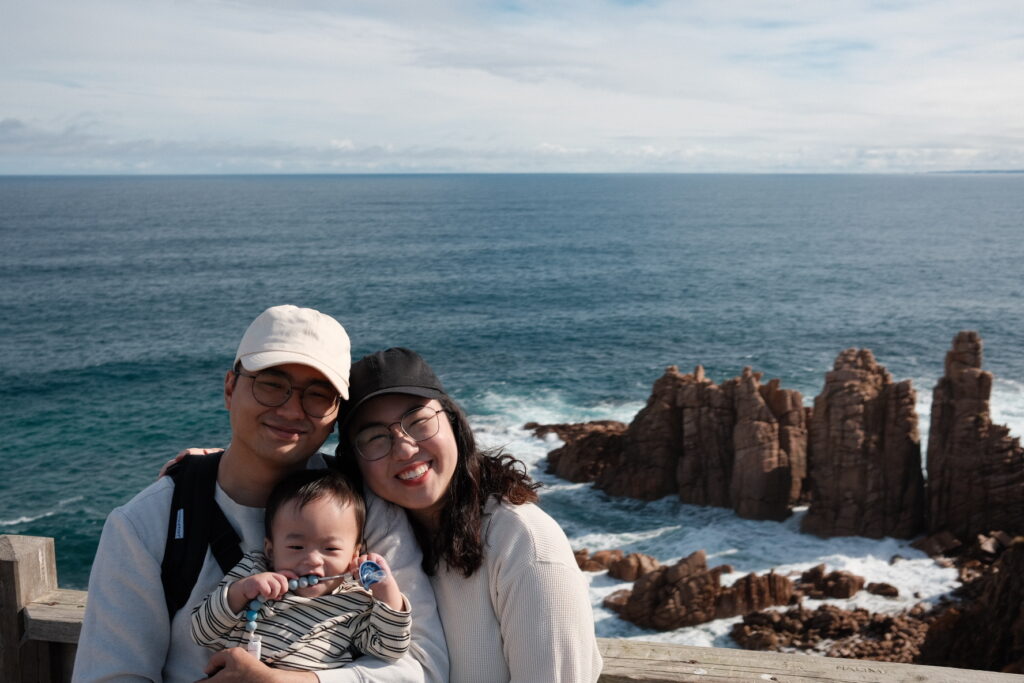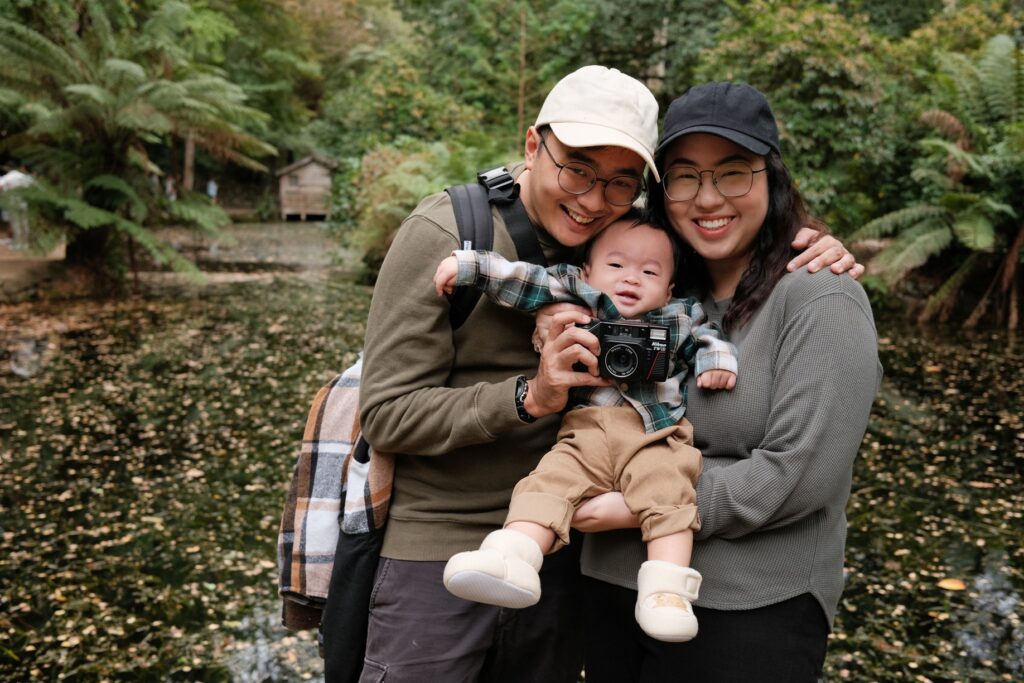
From the labs of TUM Asia to the operations floor of a global polymer plant, Zulfadhli, a graduate of the SIT-TUM Bachelor of Engineering in Chemical Engineering, is applying science and systems thinking to real-world production.
Now a Production Engineer at The Polyolefin Company (TPC) in Singapore, he works at the core of materials that power everyday life, from packaging to medical applications.
“My role involves monitoring key process parameters, optimising plant performance, and ensuring safe, high-quality output,” he shares. “Every decision ties back to the fundamentals of chemical engineering.”
With global polyethylene demand projected to exceed 130 million metric tons by 2030 (Statista), Zulfadhli’s work in optimising plant performance and reducing waste places him at the heart of the industry’s push toward smarter, more sustainable manufacturing.
A Day in the Life: More Than Just Numbers
Zulfadhli’s work is dynamic and high stakes. Each day, he monitors overall plant performance, addresses process deviations, and coordinates with the operations team to ensure stable and efficient production. Beyond the technical aspects, his role involves leading continuous improvement initiatives to enhance safety, process reliability, and product quality.
“People often think it’s purely a technical job,” he says. “But it actually demands quick decision-making under pressure, cross-functional communication, and balancing short-term needs with long-term outcomes.”
One of the projects Zulfadhli is most proud of involved the optimisation of TPC’s Vinyl Acetate Recovery System (VAR-2). By identifying inefficiencies and fine-tuning the column operation, the project achieved a significant boost in recovery rate – resulting in raw material cost savings of about USD 2,000 per day and a meaningful reduction in environmental waste.
His contributions haven’t gone unnoticed. According to his Section Manager, “Zulfadhli works well with colleagues across different sections, helping ensure that tasks and projects are completed on time and with good coordination. He’s a fast learner and consistently brings a positive attitude to the team.”
His Section Operation Superintendent adds, “He’s dependable and hands-on, he doesn’t shy away from getting involved when things get tough. He asks the right questions, stays grounded, and takes feedback seriously.”

From Applied Learning to Industry-Ready
Zulfadhli credits the SIT-TUM programme’s blend of practical engineering training and global exposure for preparing him to thrive in high stakes industrial environments.
“Our coursework in process control, safety systems, and thermodynamics built a solid technical base. But it was the teamwork and lab sessions that prepared me for the dynamics of a live plant.”
A defining chapter of his academic journey was a six-month bachelor’s thesis in Munich. “It pushed me to adapt quickly, collaborate across cultures, and solve problems in unfamiliar settings – skills that are now second nature to me.”
Reflecting on his journey, Zulfadhli adds “Being part of SIT-TUM gave me credibility, both technically and professionally. It also introduced me to a regional alumni network working across industries like clean energy, petrochemicals, and biotech.”
Engineering a Sustainable Future
As the chemical industry transforms, Zulfadhli is motivated by the opportunity to be part of a greener, more efficient future. According to McKinsey, 60% of chemical companies are prioritising sustainability, from green feedstocks to circular production systems.
“Whether it’s plastic recycling, decarbonisation, or digital twins for energy efficiency, we’re seeing a new era where engineering meets sustainability. I’m proud to play a part by improving our process efficiency and reducing waste.”
Looking ahead, Zulfadhli is driven by the desire to contribute meaningfully to industry innovation, especially in sustainability and energy optimisation. He hopes to grow into a leadership role where he can help shape strategy, mentor young engineers, and influence broader changes in plant operations and technology.
His words of advice to aspiring engineers, “If you enjoy solving complex problems and want to make a real-world impact, Chemical Engineering offers just that. Be open to continuous learning – the industry evolves fast, and your growth will depend on how curious and adaptable you are.”
Where Can Chemical Engineering Take You?
From plant floors to innovation labs, TUM Asia alumni like Zulfadhli are leading change in industries across the region.
Explore our BEng and MSc programmes to join this growing network of changemakers.